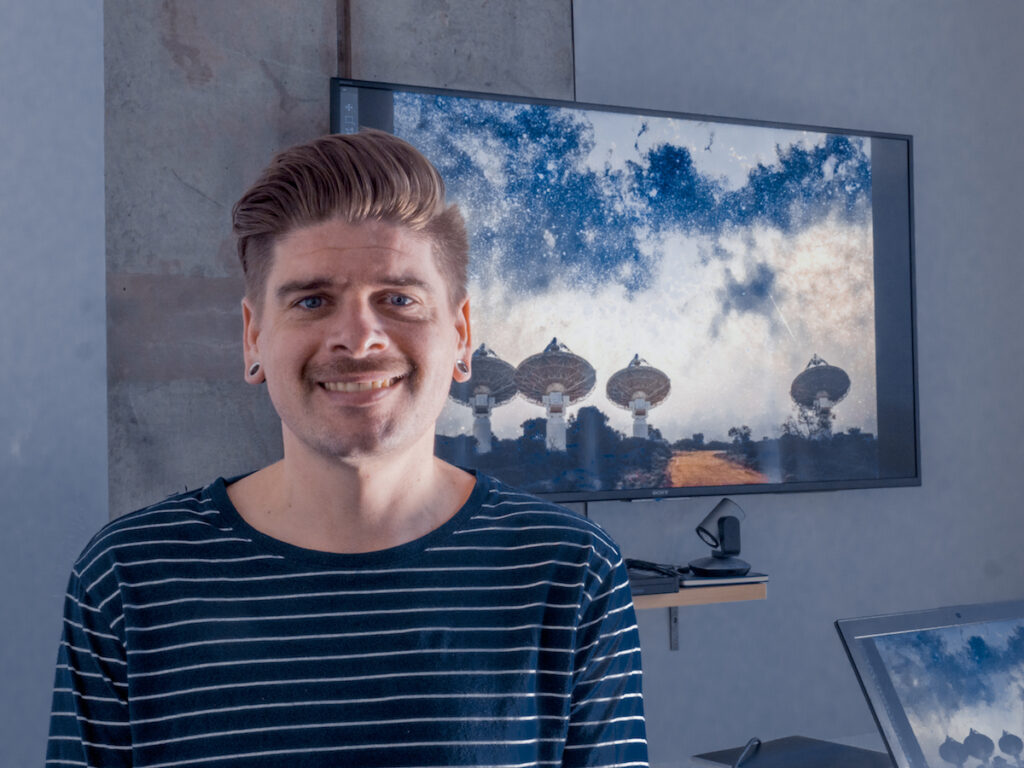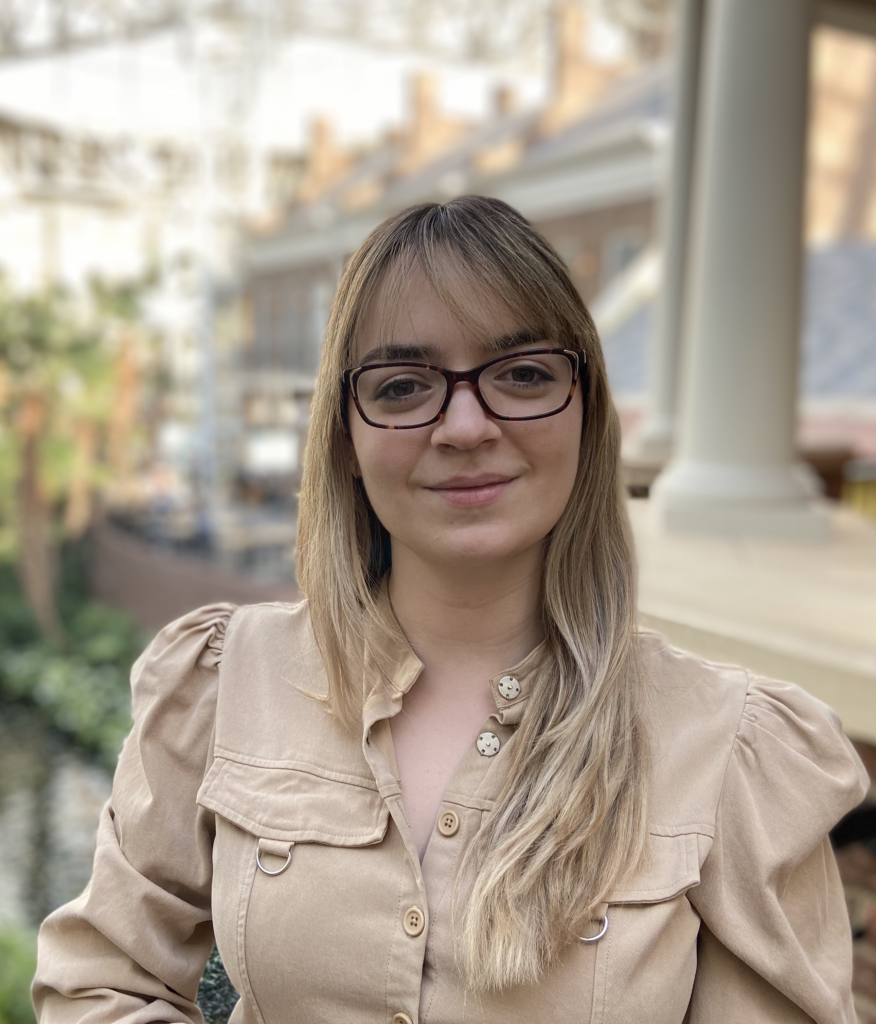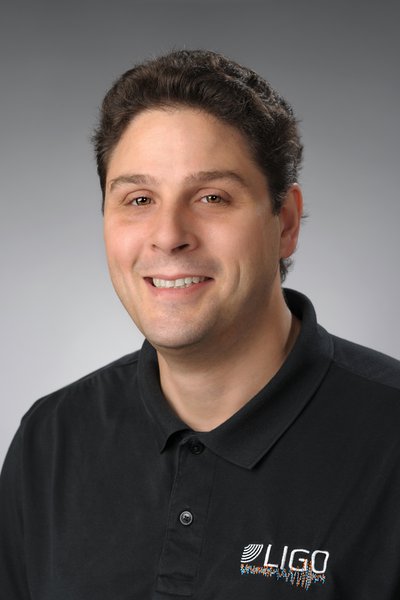6 – 8 August 2024 | Cape Town, South Africa
The IAU Symposium on Gravitational Wave Astrophysics will be held in Cape Town, South Africa from 6 to 8 August 2024 as part of the 32nd, and first African, IAU General Assembly 2024.
Gravitational Wave Astrophysics is easily one of the most impactful developments in Physics and Astronomy of the last decade. It has provided access to a previously unexplored parameter space with important ramifications for our understanding of fundamental physics and structure formation in the Universe.
This in-depth three day meeting will celebrate the wealth of detections and significant advancements made in techniques, analysis and conceptional understandings within the field of Gravitational Wave Astrophysics.
Topics to be covered include overviews of Gravitational Wave (GW) detections as reported from LIGO, Virgo, and KAGRA observing runs; the results from nanoHz GW searches using pulsar timing arrays (PTAs) conducted by the International PTA, regional PTAs and other projects including Meertime; the Physics of binary mergers, kilonovae and outflows, neutron stars and black holes; the underlying populations of progenitors to GW events; Cosmology and fundamental Physics with GWs and the next-generation detectors and technologies.
Confirmed invited speakers

Ryan Shannon | Swinburne University of Technology, Australia
Associate Professor Ryan Shannon is the MeerTime Project Scientist, and leads the MeerKAT Pulsar Timing Array research project. Ryan is an expert in precision pulsar timing and searches for nanohertz frequency gravitational waves. He also searches for and studies fast radio bursts.

Sylvia Biscoveanu | Northwestern University, USA
Sylvia Biscoveanu is a NASA Einstein Fellow, working on using gravitational-wave data to understand the properties of compact-object mergers, their electromagnetic counterparts, and the stochastic gravitational-wave background.

Kenta Hotokezaka | University of Tokyo, Japan
Associate Professor Kenta Hotokezaka from the Research Center for the Early Universe (RESCEU) at the University of Tokyo specialises in gravitational waves from compact binary mergers, electromagnetic counterparts of gravitational-wave events, gamma-ray bursts and the evolution of binary stars.
Jonathan Gair | Albert Einstein Institute, Germany
Jonathan Gair is a group leader at AEI. His research is in the development and application of new methodology for gravitational wave data analysis and science exploitation, with particular interests in gravitational-wave cosmology, tests of the general theory of relativity, LIGO and LISA data analysis, and computationally efficient inference.

Floor Broekgaarden | Columbia University & CCA, USA
Floor Broekgaarden is a Junior Fellow in the Simons Society of Fellows. Her work is focussed on studying massive stars through compact object coalescences, with the goal of learning how these gravitational-wave sources form and what they can teach us about the formation, lives, and explosive deaths of massive stars across cosmic time.

Stefan Ballmer | Syracuse University, USA
Stefan works on third-generation gravitational-wave detector technology, quantum control of macroscopic objects, and commissioning of Advanced LIGO.
He is also interested in searching for a stochastic background of gravitational waves.

